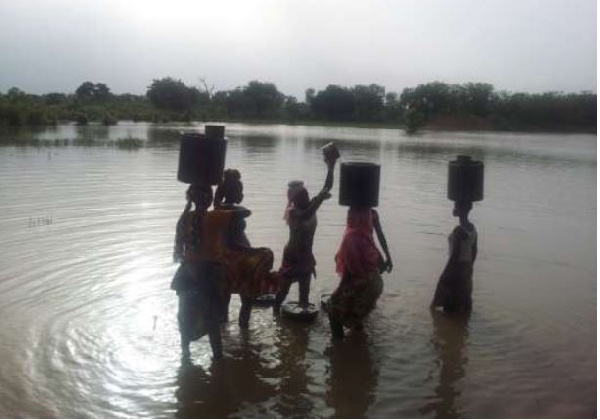Open Defecation still poses a great danger to Ghana’s water quality, as pollution can cause typhoid, cholera, and other health problems that could result in fatalities, Joseph Korto, the National Dean of Presiding Members, has reiterated.
He warned all Presiding Members to step up public education in their areas of responsibility to educate their people on the harmful effects of open defecation on human health.
Joseph Korto, who is also the Presiding Member of the Tema Metropolitan Assembly, said this at a stakeholder engagement organized by the Media Coalition against Open Defecation (M-CODe) in Tema as part of a month-long series of activities to mark the 2023 World Water Day.
The M-CODe commemoration of the 2023 World Water Day, was on the theme: “Let’s Kill Open Defecation today! Before it Kills us tomorrow”.
It forms part of the national “M-CODe 2023 Anti-Open Defecation Nationwide Advocacy,” which is a relentless national campaign aimed at ending the practice of open defecation, rather than in a toilet, and is linking the problems of water to open defecation.
Speaking on the subject of “The role of Presiding Members in ending Open Defecation in their various jurisdictions,” Mr. Korto urged Presiding Members to intensify education on the need for households to own toilets and intensify the fight against open defecation.
Francis Ameyibor, M-CODe National Convener, stressed that open defecation was a threat to the purity of water bodies and the environment and called for joint efforts and accelerated action to eradicate the problem.
He said M-CODe sought to draw the attention of Ghanaians and the global community to the fact that the world could not experience a healthy environment and drink safe water amid Open Defecation, which had now become a major problem in most developing countries.
Ameyibor, who is also the Ghana News Agency Tema Regional Manager, said the coalition seeks to rejuvenate locally the public awareness campaign towards the global target of eliminating open defecation (OD) by 2030.
Emmanuel Addai, Knowledge Management Expert, at the Greater Accra Metropolitan Area Sanitation and Water Project, noted that the provision of school toilets was in line with Sustainable Development Goal (SDG) six which talks about water and sanitation, and SDG four which covers improved learning environments, including health and sanitation.
The school toilet facilities, he said, had separate toilet rooms for males, females, and teachers, as well as changing, and shower rooms, water closet toilets and septic tanks, squat plate toilets for easy access to pupils with disabilities, and disability-friendly access.
Source: GNA

